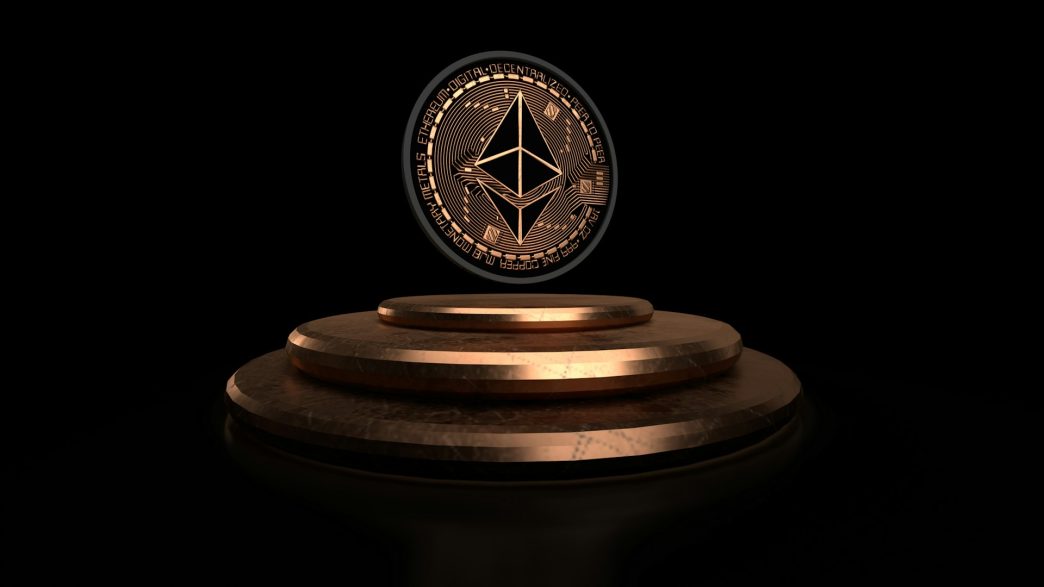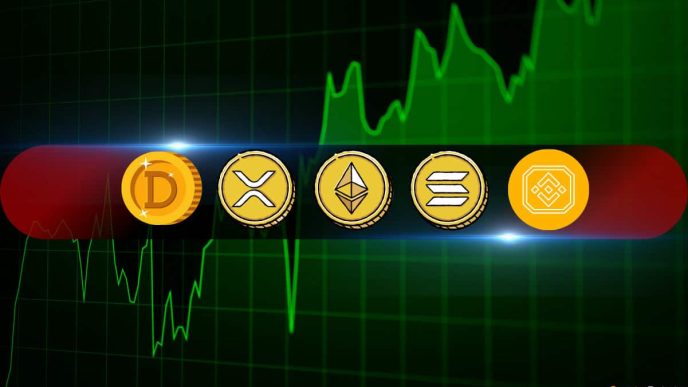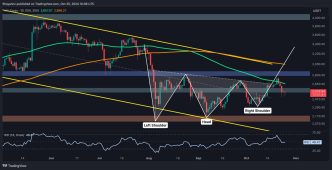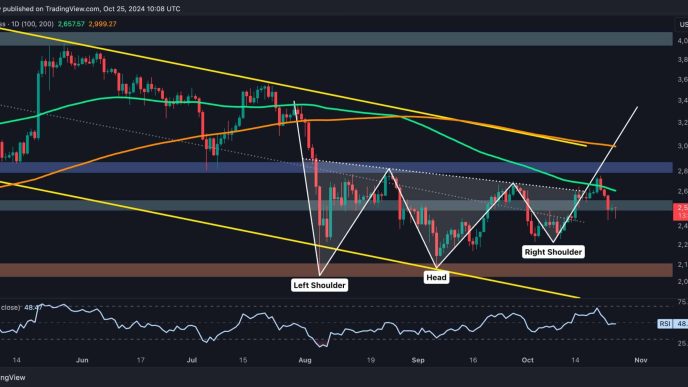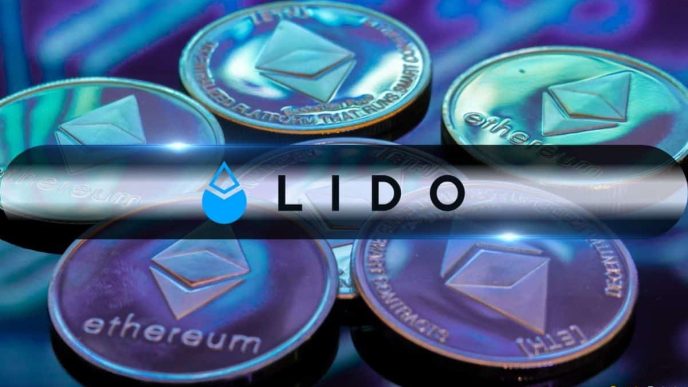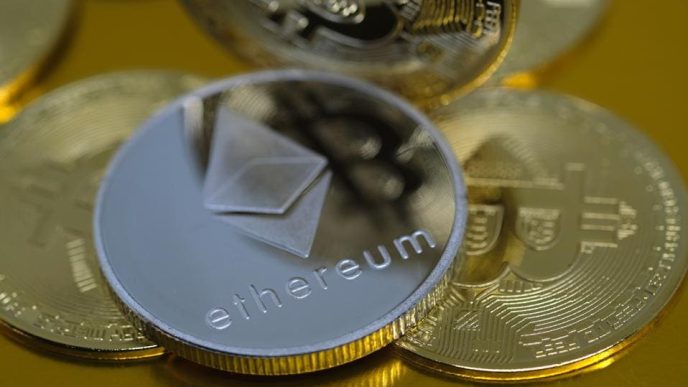In a post published on October 23, Ethereum (ETH) co-founder Vitalik Buterin shared details about ‘The Verge’ upgrade, which aims to make it easier to run validator nodes.
New Ethereum Upgrade To Make Running Nodes Easier
Buterin highlighted several issues currently facing the Ethereum network, particularly the high resource requirements needed to run Ethereum nodes.
Related Reading
According to research from Paradigm, an Ethereum client needs to store “hundreds of gigabytes of state data” to verify transaction blocks. Further, this data requirement increases by almost 30 GB every year, leading to fewer entities being able to run validator nodes.
Through ‘The Verge’ upgrade, running nodes can be made more accessible and less resource-intensive by leveraging two key innovations – stateless clients and cryptographic SNARKs (Succinct Non-interactive Arguments of Knowledge).
The uninitiated, stateless clients function as fully-verifying nodes without the intensive hardware requirement associated with typical Ethereum blockchain clients.
Specifically, stateless clients only need a few gigabytes of storage, in contrast to the current requirement of over 1 terabyte (TB), which makes running a full node considerably resource-intensive.
Buterin posits that stateless verification will “make fully-verifying the chain so computationally affordable that every mobile wallet, browser wallet, and even smart watch is doing it by default.”
By reducing storage needs, stateless clients can democratize network participation, lowering entry barriers – especially for solo stakers – and enabling more entities to secure and validate transactions on the Ethereum network.
Buterin Encourages Solo-Staking By Lowering Requirements
Buterin has recently emphasized the importance of making Ethereum solo staking more accessible by lowering entry barriers, such as the minimum amount of ETH required to stake and reducing bandwidth demands.
Related Reading
Additionally, Buterin discussed the advantages of SNARKs in strengthening cryptographic verification and defending against the potential threat of quantum computing.
SNARKs are sophisticated cryptographic proofs that enable users to verify blockchain data without downloading all its data. “Download some data, verify a SNARK, done,” Buterin summarizes.
In the detailed blog post, Buterin also shed light on the Ethereum Improvement Proposal (EIP) 4762, which deals with stateless gas cost changes in the context of stateless verification.
EIP-4762 seeks to adjust gas fees for resource-intensive cryptographic operations to maintain Ethereum network scalability and security. The proposal also introduces ‘multidimensional gas’, which charges different gas fees for call data, computation, and state access functions.
Ethereum’s native token, ETH, has attracted increased institutional interest as the smart contract platform’s adoption grows. A recent survey shows that nearly 70% of institutional investors are involved in ETH staking.
Despite the overall bullish outlook for Ethereum’s future, this optimism has not yet translated into significant price movement for ETH. Nevertheless, long-term ETH holders remain confident in the token’s long-term potential. At the time of writing, ETH is trading at $2,526, up 1.7% in the past 24 hours.
Featured image from Unsplash, Chart from Tradingview.com
Source link
Ash Tiwari
https://www.newsbtc.com/ethereum-news/ethereum-verge-upgrade-to-simplify-running-nodes-on-phones-and-wearables/
2024-10-25 07:00:49


